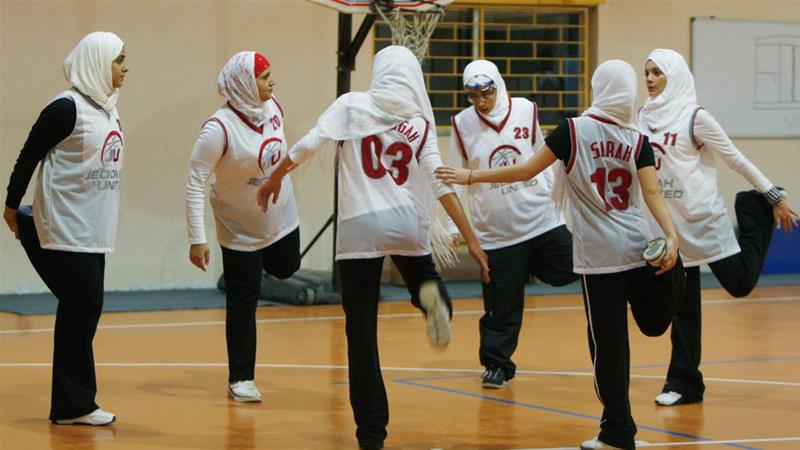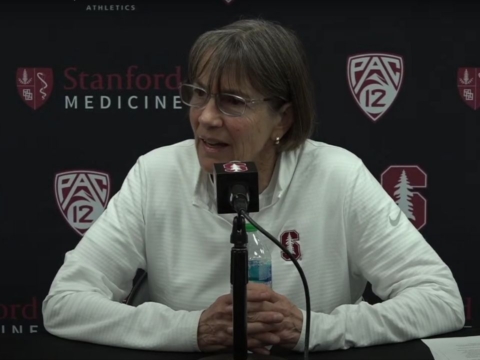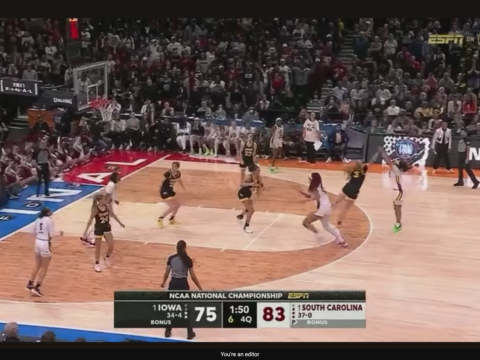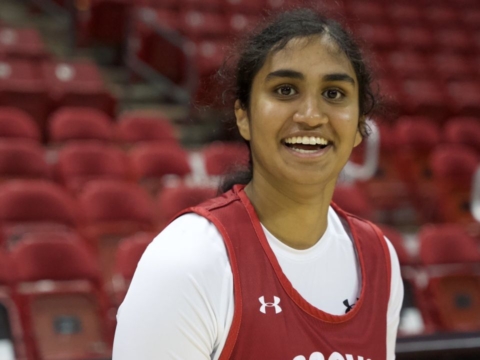
SAN FRANCISCO (Diya TV) — Headgear, including the turban, hijabs and yarmulkes, will be allowed in professional basketball following the approval of a proposal by the International Basketball Federation (FIBA) that overturns a ban on such head coverings.
The organization’s central board approved the proposal Wednesday, it was formally ratified during FIBA’s midterm congress on Thursday.
“It came up in our board meeting and everyone supported making the change,” USA Basketball chief executive Jim Tooley told The Associated Press prior to Thursday’s FIBA meeting.
FIBA first began processing the revision in Sept. 2014, and again in February of this year. It charged the playing rules committee to create a proposal that outlines how headgear could safely be worn in competition. “The new rule comes as a result of the fact that traditional dress codes in some countries – which called for the head and/or entire body being covered – were incompatible with FIBA’s previous headgear rule,” FIBA said in a statement.
It was feared that head coverings could fall off during the game and potentially pose a risk to players.
Per the new rule, headgear must meet certain criteria to be allowed in competition, including that it “does not cover any part of the face entirely or partially”, it is “not dangerous to the player wearing it or other players” and it does not have “parts extruding from its surface”.
The rule change followed a successful social media campaign, which began more than two years ago. A number of change.org petitions calling for a change to the rule have garnered more than 137,000 signatures.
https://twitter.com/JoGasiorowska/status/859806253618536450?ref_src=twsrc%5Etfw&ref_url=http%3A%2F%2Fwww.aljazeera.com%2Fnews%2F2017%2F05%2Ffiba-hijab-turbans-professional-basketball-170504055404989.html




